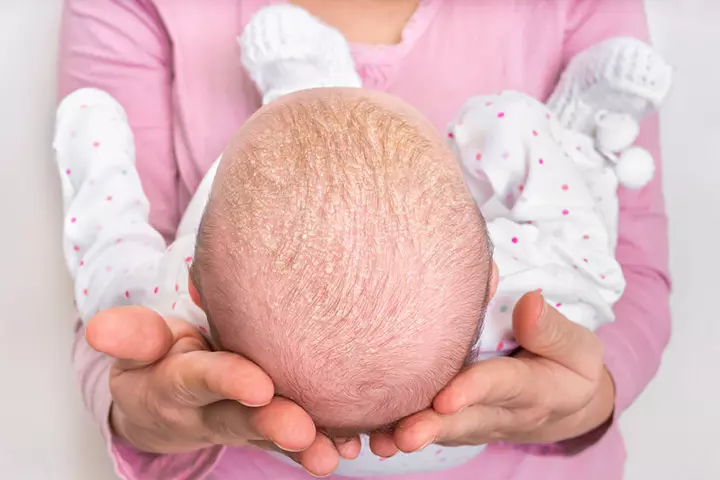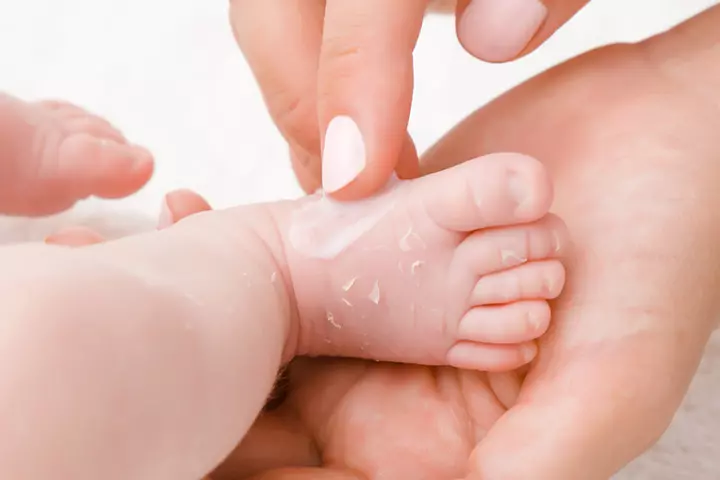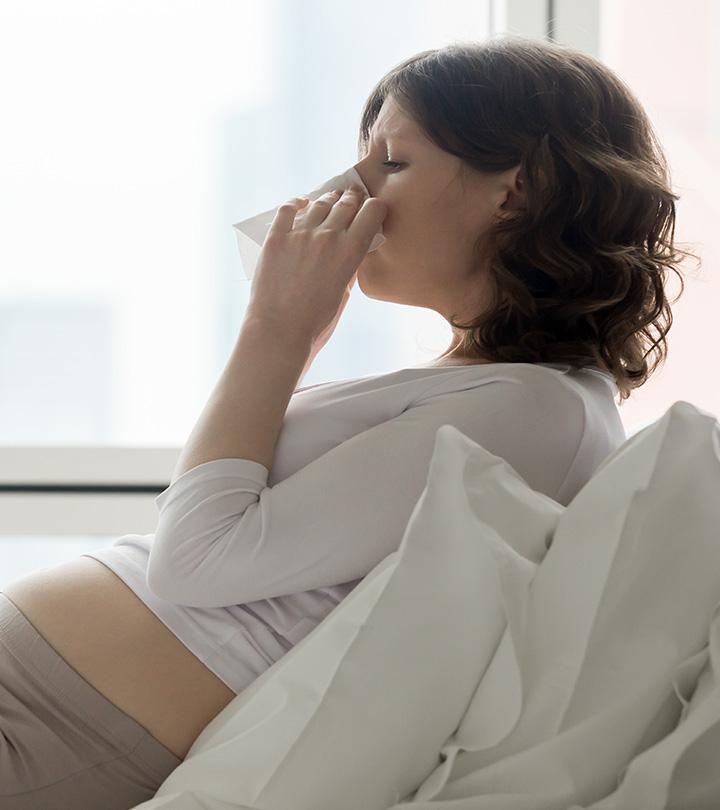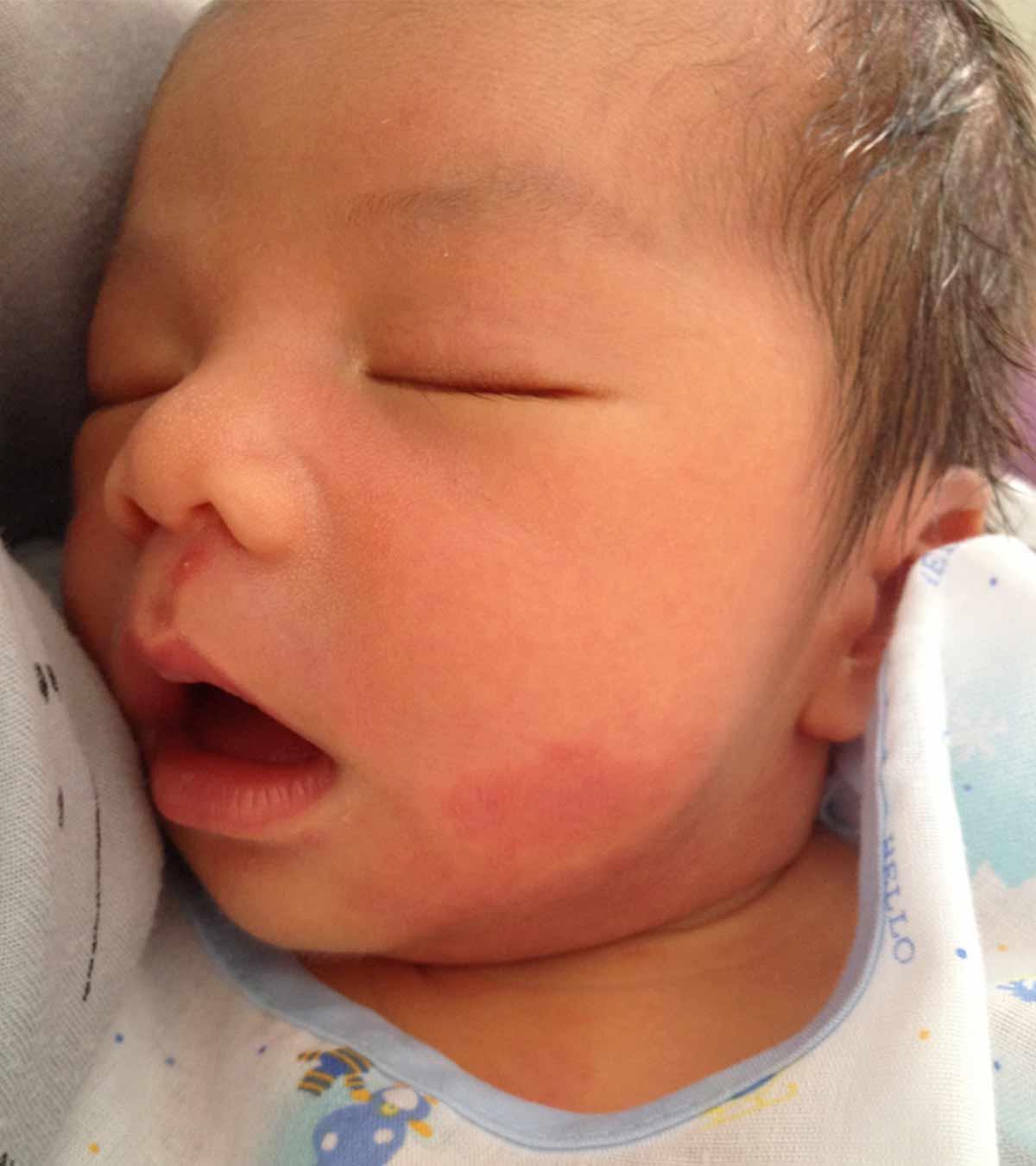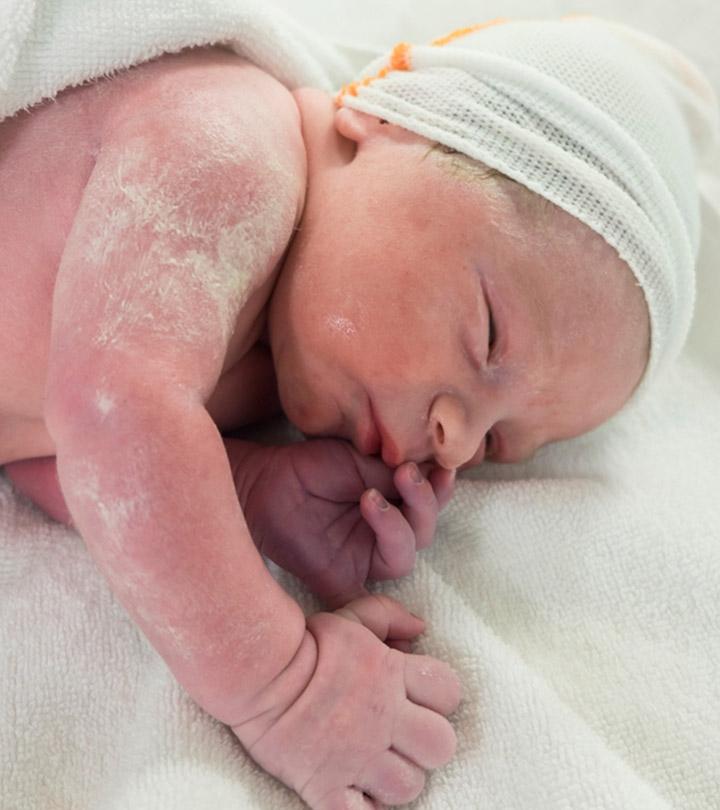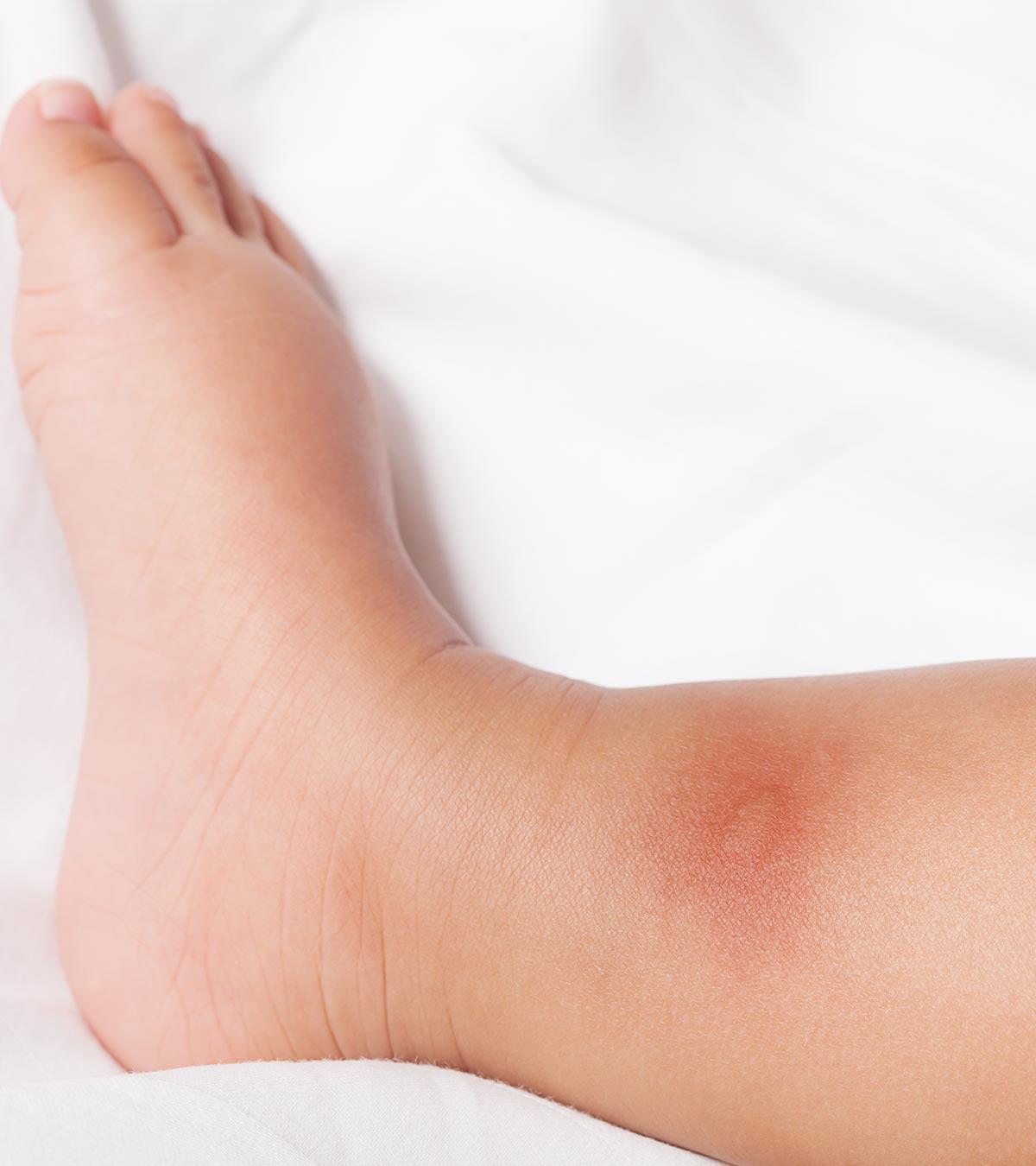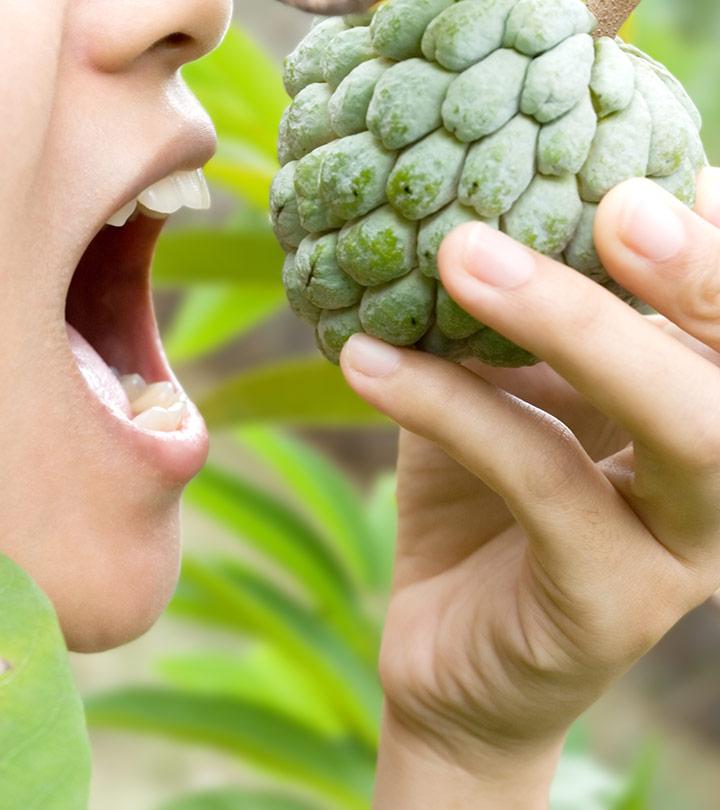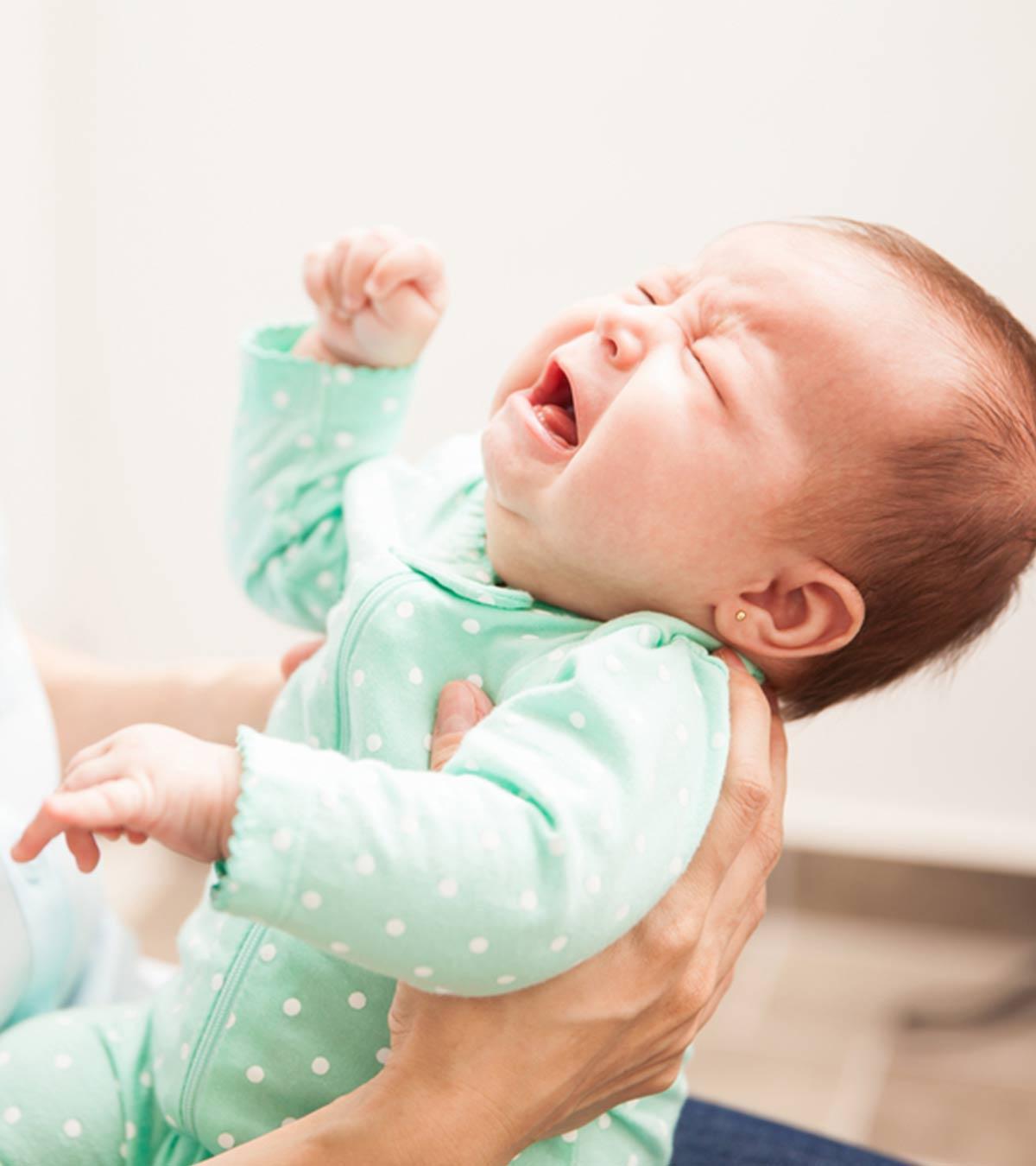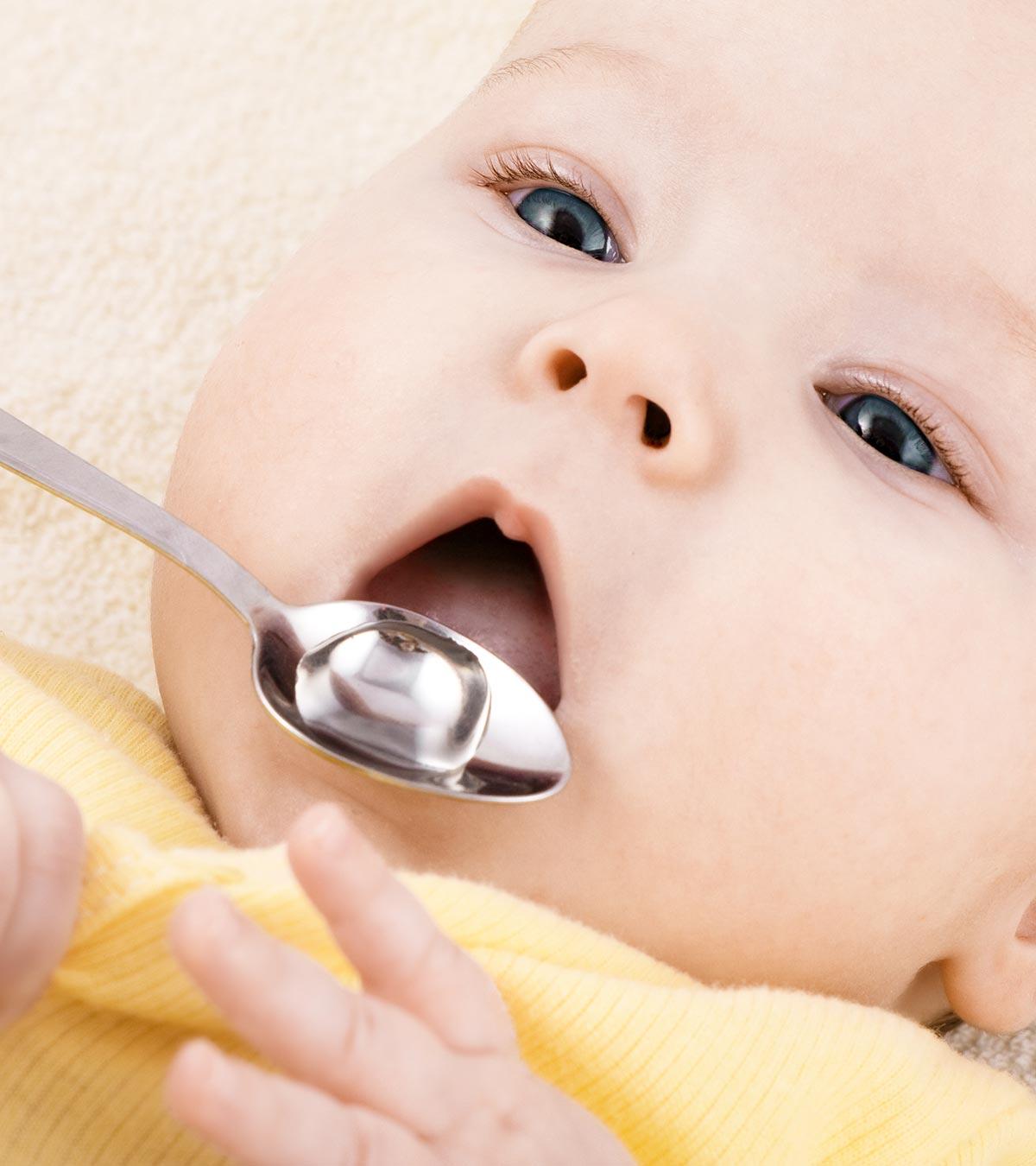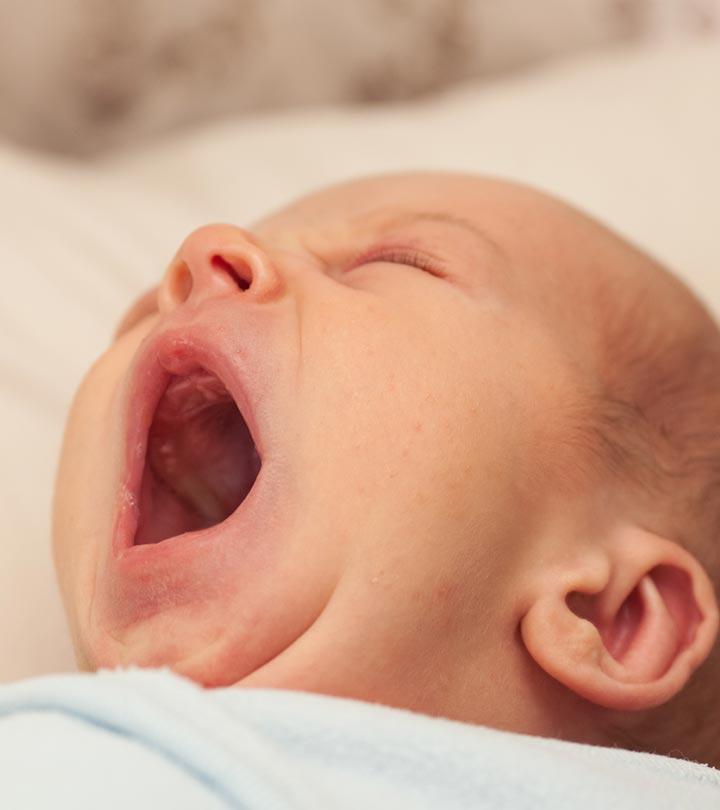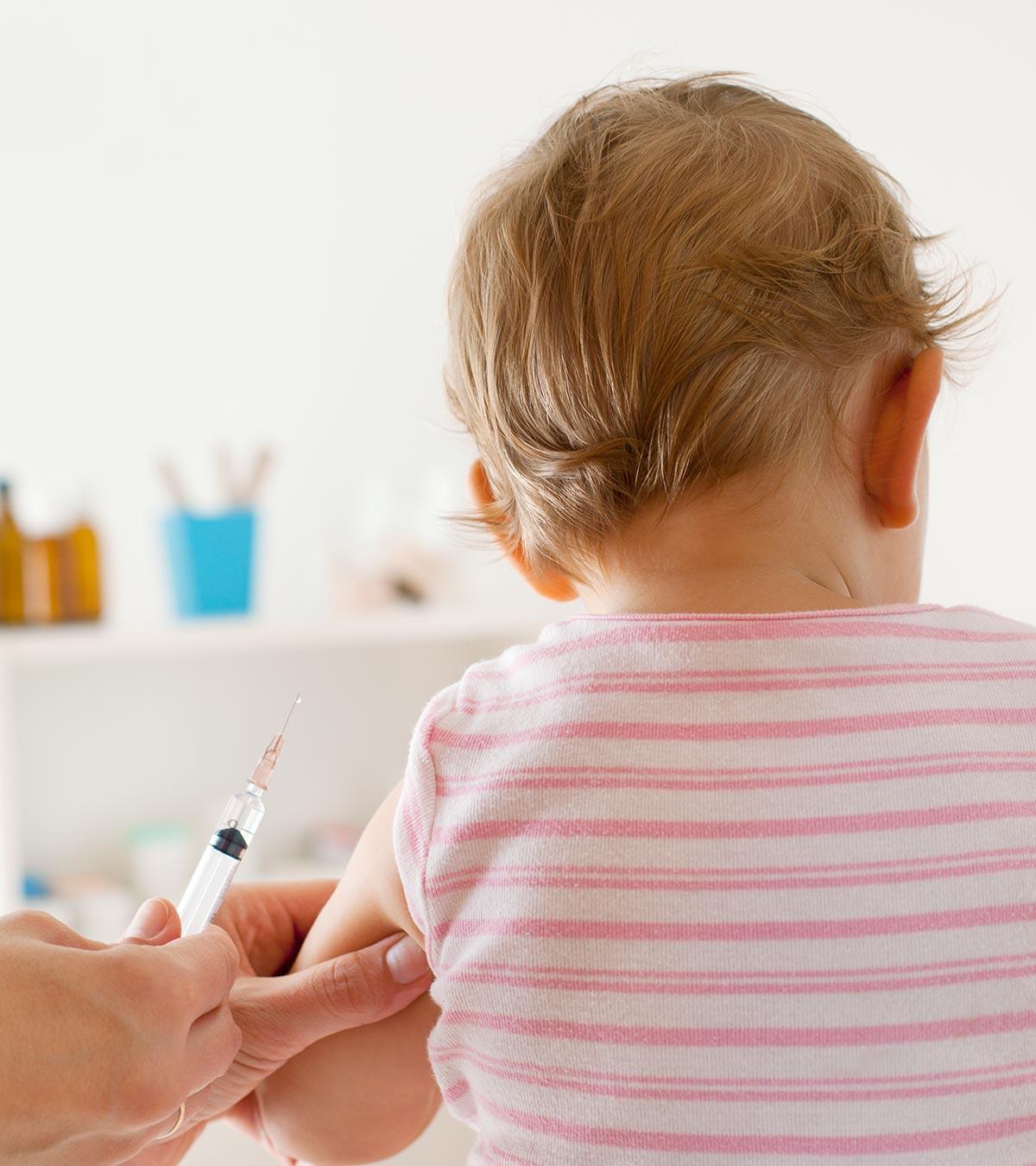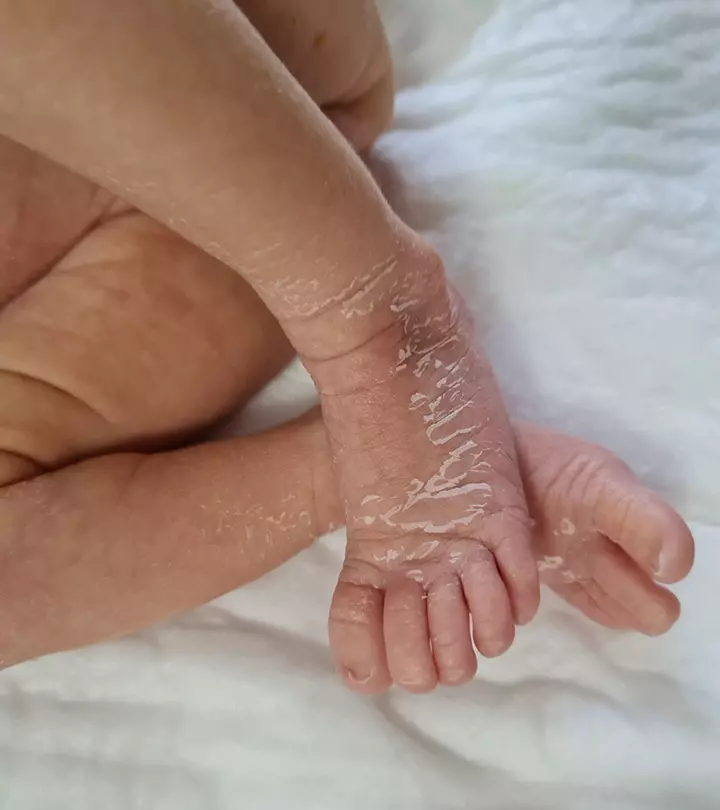
Image: Shutterstock
Newborn skin peeling is common and not always a cause for concern. The extremely sensitive skin of newborns goes through several changes in appearance and texture in the first few weeks after birth. In addition, many babies have dry patches of skin, which may lead to skin peeling or flaking. However, it is normal in most cases and does not require special care.
Nevertheless, if skin peeling is severe or persistent, medical treatment may be needed to resolve the issue. Read this post to learn about the causes and treatment for skin peeling in newborns.
Is It Normal For A Newborn To Have Peeling Skin?
In most cases, skin peeling in newborns is normal. Newborns’ delicate skin is susceptible to dryness, causing the top-most layer to flake off in the first few weeks post-birth. However, several external factors can cause irritability and rashes due to their skin’s delicate nature. Further, most of the time, the issue resolves on its own (1).
What Are The Causes Of Newborn Skin Peeling?
The following are some factors that cause baby skin peeling:
- Vernix caseosa: This thick, waxy coating protects the baby from the amniotic fluid inside the womb. Losing this outer layer may cause natural skin peeling in the first few weeks of birth (2).
- Full-term birth: The skin of newborns differs according to the time of birth. Premature babies (born before 37 weeks) usually have less skin peeling. A full-term baby’s skin is thicker, and their skin may lighten a few days post-birth and become dry and flaky (3).
Image: Shutterstock
- Eczema: Eczema is characterized by a dry rash on the face, elbows, and knees. It is an allergic skin condition which causes itching that may lead to skin peeling (4). Eczema is rare in newborns and does not usually develop until a baby is closer to four to six months of age.Infants born in a family with a history of eczema may be susceptible to cradle cap, a harmless skin condition characterized by yellow scaly patches on the scalp.
- Ichthyosis: A rare condition due to genetic mutations where the dead skin becomes extremely dry and flaky and peels when rubbed (5).
- Psoriasis: An autoimmune disease that occurs due to excessive skin inflammation, leading to the rapid shedding of skin cells. A study by multiple institutions states that about one percent of children are affected by psoriasis, with one-third of the cases beginning in the pediatric years. However, it is rare for infants to be affected by it (6).Diaper rash is another common skin condition that can cause skin peeling in newborns and older babies. It is often characterized by redness in the region, fussiness, skin blistering, open sores, and scaling.
Image: IStock
When Does Newborn Skin Stop Peeling?
There is no defined time frame by when a newborn’s skin may stop peeling. However, if your baby’s skin shows no signs of improvement in two weeks, you could contact your pediatrician (7).
What Are The Treatments And Remedies For Skin Peeling In Newborns?
The following are some ways to treat skin peeling in newborns (7) (8):
- Moisturizer:A hypoallergenic moisturizer, selected depending on the severity of dryness, can help restore the skin’s moisture and reduce cracking and peeling. Apply it right after bath time for maximum effectiveness.
Some parents may opt for oils like olive oil to alleviate skin dryness and minimize skin peeling in newborns.
Emily Inman, a mother to two, shares how massaging her newborns with olive oil helped her manage their skin peeling issues. She says, “It (baby massage) was most useful with them (her children) as newborns, especially when their skin got quite dry after birth and would peel like a sunburn. Both our kids had dry skin, so we found ourselves routinely rubbing olive oil over them to help moisturize their skin. We were told to use olive oil by the midwife at the time instead of branded and perfumed oils (i).”
 Quick tip
Quick tipImage: Shutterstock
- Short bathing time: Keep the baby’s bath time to under ten minutes and avoid daily baths if possible. Newborn babies only need to be bathed once or twice a week as sponge baths are sufficient. Since hot baths can cause further dryness, use room temperature or slightly warm water (9).
- Avoid using soap: Do not use soap too often as it strips the skin’s natural oils, causing excessive dryness. Baby soaps and body washes are milder but shouldn’t be used daily.
- Keep the room humid: Dry air may further aggravate irritation and cause heat rashes. Maintain the humidity in the baby’s room by running a cool-mist humidifier.
Image: Shutterstock
- Cotton clothing: Dress the baby in clothes made from cotton or natural fabrics. Cotton is preferred as it is soft and allows the skin to breathe, keeping it healthy and comfortably covered.
 Point to consider
Point to considerFrequently Asked Questions
1. Is coconut oil good for newborn skin?
Extra virgin coconut oil is a moisturizer and is safe for a baby’s sensitive skin. However, seek your doctor’s advice, and perform a patch test before applying coconut oil to the baby’s skin. Also, check the ingredients list and only prefer products made of pure coconut oil.
2. What happens if I peel newborn skin?
A newborn baby’s skin might be prone to irritation. You might not need to peel the newborn’s skin as it usually repairs on its own or after moisturizing it. Ensure that the baby’s skin stays hydrated. If you notice any other skin conditions or the skin hasn’t healed in two weeks, consult your doctor (7).
3. How can parents differentiate between newborn skin peeling and a rash?
One way to differentiate between skin peeling and a rash is that rashes or acne are red blotches with raised bumps. In contrast, skin peeling is a normal occurrence characterized by changing skin appearance and texture. Dry patches of the skin may make skin sensitive, resulting in skin peeling (12).
4. What are the risks of not treating newborn skin peeling?
Ideally, skin peeling should subside in two weeks with doctor-recommended remedies. If it persists beyond that and you observe a yellowish discharge, consult your pediatrician to determine any underlying cause and initiate appropriate treatment (7).
5. Is there anything I can do to prevent my newborn from having skin peeling?
There is no given way to prevent your newborn from experiencing skin peeling. It is a natural and common process that newborns usually have that may resolve on its own and is usually not a cause for concern (1).
Newborn skin peeling is a natural consequence of pregnancy that causes the newborn to lose its outer skin layer. However, a newborn’s skin may also peel off due to specific skin issues, such as eczema, ichthyosis, and psoriasis. Generally, newborn skin peeling reduces significantly or stops within two weeks after birth. However, if the peeling persists or worsens, consult a pediatrician promptly. In most cases, newborn skin peeling can be managed using simple home remedies, such as applying a hypoallergenic moisturizer on the baby’s skin and keeping the bathtime short.
Infographic: Tips To Maintain A Newborns’ Skin
A baby’s skin is more prone to irritations and infections during the first year due to its sensitive nature. Fortunately, most of these issues resolve after the proper intervention and are rarely a cause of concern. Here is an infographic with some essential tips to nourish your baby’s skin. Save this infographic to keep it handy. Illustration: Momjunction Design Team
Key Pointers
- Skin dryness may cause skin peeling in babies in the first few weeks.
- Using a hypoallergenic moisturizer and keeping the room humid could help manage the condition.
- If there is no visible improvement in two weeks, you could consult a pediatrician.
Personal Experience: Source
MomJunction articles include first-hand experiences to provide you with better insights through real-life narratives. Here are the sources of personal accounts referenced in this article.
i. Baby massage.https://brickdustandglitter.blogspot.com/2014/08/baby-massage.html
References
- Looking At Your Newborn: What’s Normal.
https://kidshealth.org/en/parents/newborn-variations.html - Your baby’s skin.
https://caringforkids.cps.ca/handouts/pregnancy-and-babies/your-babys-skin - Skin findings in newborns.
https://medlineplus.gov/ency/article/002301.htm#:~:text=The%20skin%20of%20a%20full - Managing Eczema in Winter and Year Round: A Parents Guide.
https://www.hopkinsmedicine.org/health/wellness-and-prevention/managing-eczema-in-winter-and-year-round-a-parents-guide - Ichthyosis.
https://www.niams.nih.gov/health-topics/ichthyosis - Psoriasis.
https://raisingchildren.net.au/guides/a-z-health-reference/psoriasis - Dry skin.
https://www.aboutkidshealth.ca/Article?contentid=790&language=English - Dry Skin.
https://www.seattlechildrens.org/conditions/a-z/dry-skin/ - Eczema and Bathing.
https://nationaleczema.org/eczema/treatment/bathing/ - Caring for your baby’s skin
https://www2.hse.ie/babies-children/parenting-advice/caring-for-a-new-baby/your-babys-skin/ - Avoiding Dry Winter Skin in Babies and Toddlers
https://www.healthychildren.org/English/health-issues/conditions/skin/Pages/Avoiding-Dry-Winter-Skin-in-Babies-and-Toddlers.aspx - Newborn Rashes and Birthmarks
https://www.seattlechildrens.org/conditions/a-z/newborn-rashes-and-birthmarks/
- Looking At Your Newborn: What’s Normal.
Read full bio of Dr. Jessica Madden
Read full bio of Rohit Garoo
Read full bio of Vidya Tadapatri






